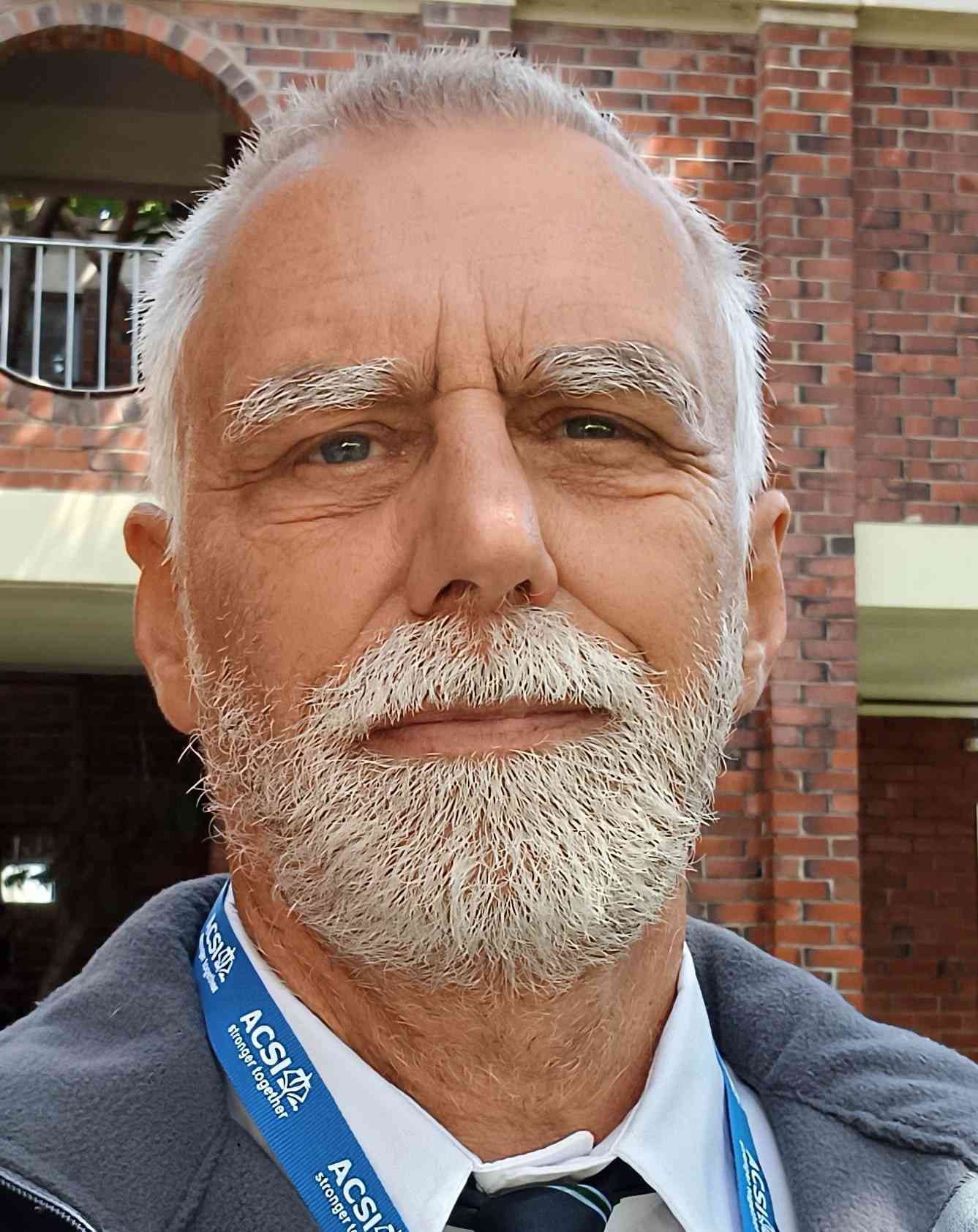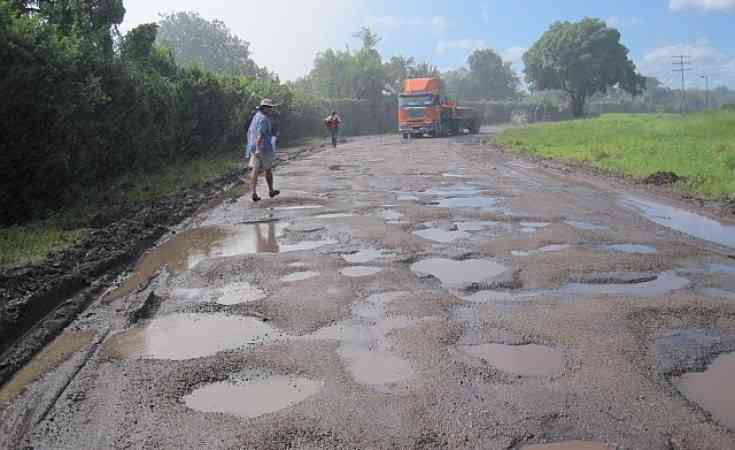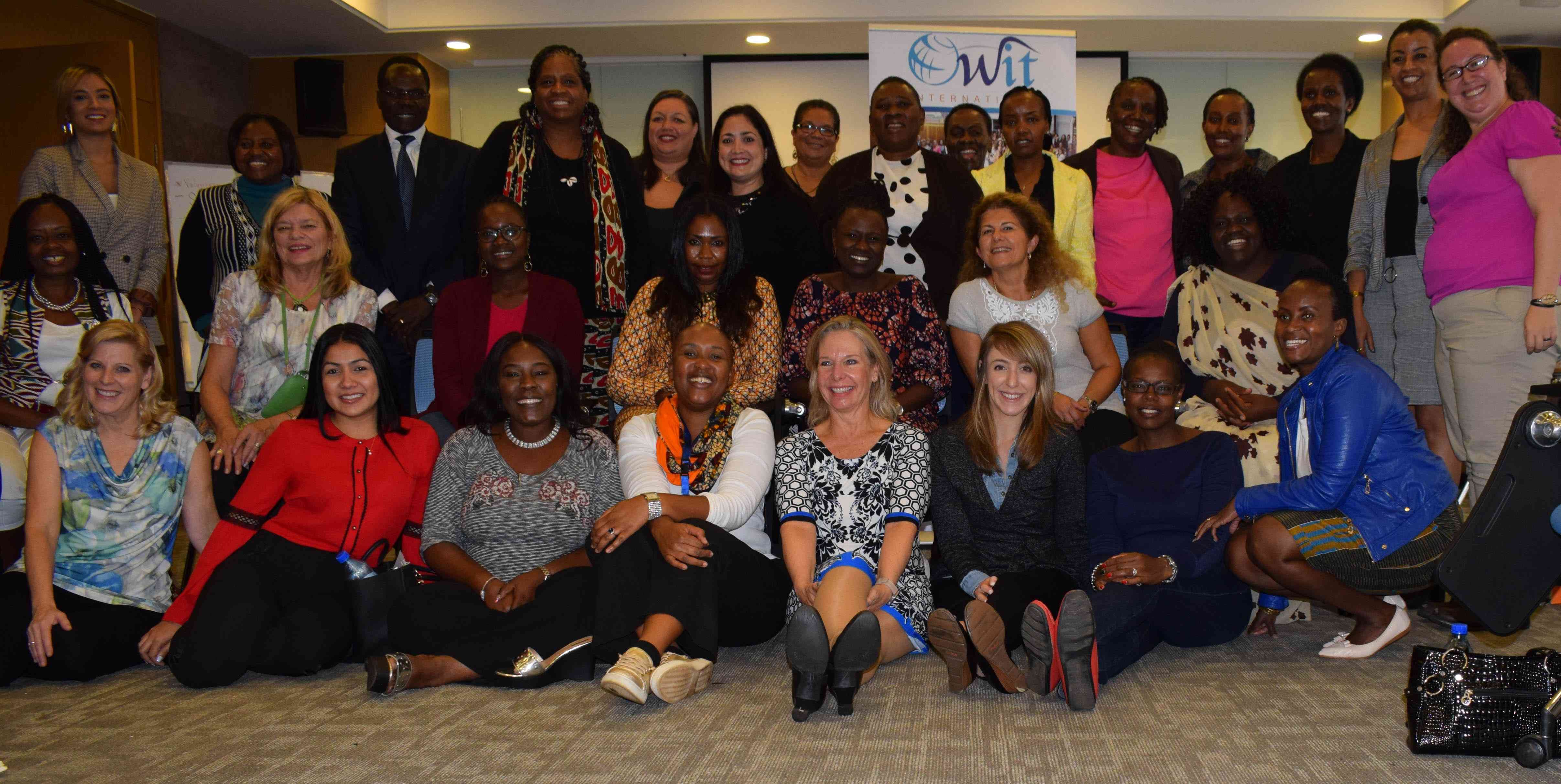
Hi! How are you? We must be asked that question numerous times every day, when we encounter others. Of course, many folk do not really register it as a question, but come out with an automatic reflex response, “I’m good”. First of all, if we know our Bible, we know that they are not good — as Jesus replied to a young man who called Him ‘Good Teacher’ he was reminded that “No-one is good — except God alone”. How then are we supposed to respond? Others respond immediately with the popular “I’m fine!” without even thinking about it — in fact, some will even respond “I’m fine” before even being asked! Many people also give an answer without thinking or without divulging the truth — few ever say “I’m struggling, thanks” for fear of being thought of as being weak.
What then should we say in response to that question? The best way might be to say, “I am well” or perhaps even better, “It is well” (assuming that it is well and we are not just being polite). A major issue in society today is obviously our wellness, our well-being (especially, in this day and age, our mental well-being — though, more importantly, our spiritual well-being eternally). Interestingly, though, some folk will be saying that our major drive is towards being wealthy; indeed, they will argue that the point of education is to get qualifications in order to get a good job that pays well, to become rich with big cars, houses, holidays and more. The secret to our mental well-being in many people’s eyes will be found in our financial well-being, though that is to fail to recognise that money does not bring contentment or happiness.
However, it would not be entirely correct to say that the point of education is to get qualifications; the point of education is for the pupils (remember, every pupil, not just some) to be well. Everything that is done at school should be directed towards the children’s welfare. We are not to make them clever (they are either clever or they are not; we do not make them clever. However, we might also debate exactly what being clever actually means — that is for another day, though). We are not to make them clever but better. The only way that they will be wealthy is if they are well-thy.
So, then, what schools must do is drill wells. After all, a well is a life blood to communities, providing much-needed water for many crucial uses. However, we are not talking about physical wells, holes dug deep in the ground, but wells that will bring even greater life. In fact, we are talking about three wells that our schools need to provide.
The first well we need to dig is, as indicated briefly earlier, well-being. Note that word: well-being. It is not well-doing, yet sadly we as schools tend to focus on the doings; we reward and praise with many a “well done”. We acclaim all the things pupils have done well, even though many of them may not have helped their well-being. Our focus should be on their being, their well-being, to help them become better people.
Secondly, we should dig well-meaning, and in the same way that well-being is more important than well-doing, so well-meaning is more important than well-said. In addition, just as if we focus on well-being then well-doing will come, so if we focus on well-meaning then well-said will follow.
As people can do things well but not be well within themselves, so people can say what appear right things without truly meaning them. We jump on what people say (be it flattery or criticism) without considering the meaning that is behind the words. Is it well-meant? It needs to be.
Thirdly our role is to dig well-seeing as opposed to well-studying. Children will do far better when they are able to see things for themselves; after all, when exams come along, they need to see what the questions are really asking. More importantly, they need to see others and their needs.
- GRDC in corruption allegations
- Divine insight: Secrets about prophetic timelines
- Grace tidings: Do you understand what it means to be holy?
- Katai fails to make the cut but …
Keep Reading
When people say “Well, well, well!” they are conveying a sense of surprise, curiosity, disbelief and sometimes suspicion. This article may stir up such emotions. Do we want our children to be wealthy? Of course! That is not a clever question. Then they must be well-thy. It must be well in their soul as much as in their body, mind and heart. Do we dig those wells? “Yeah, I dig it, man!” Fine! Good!











